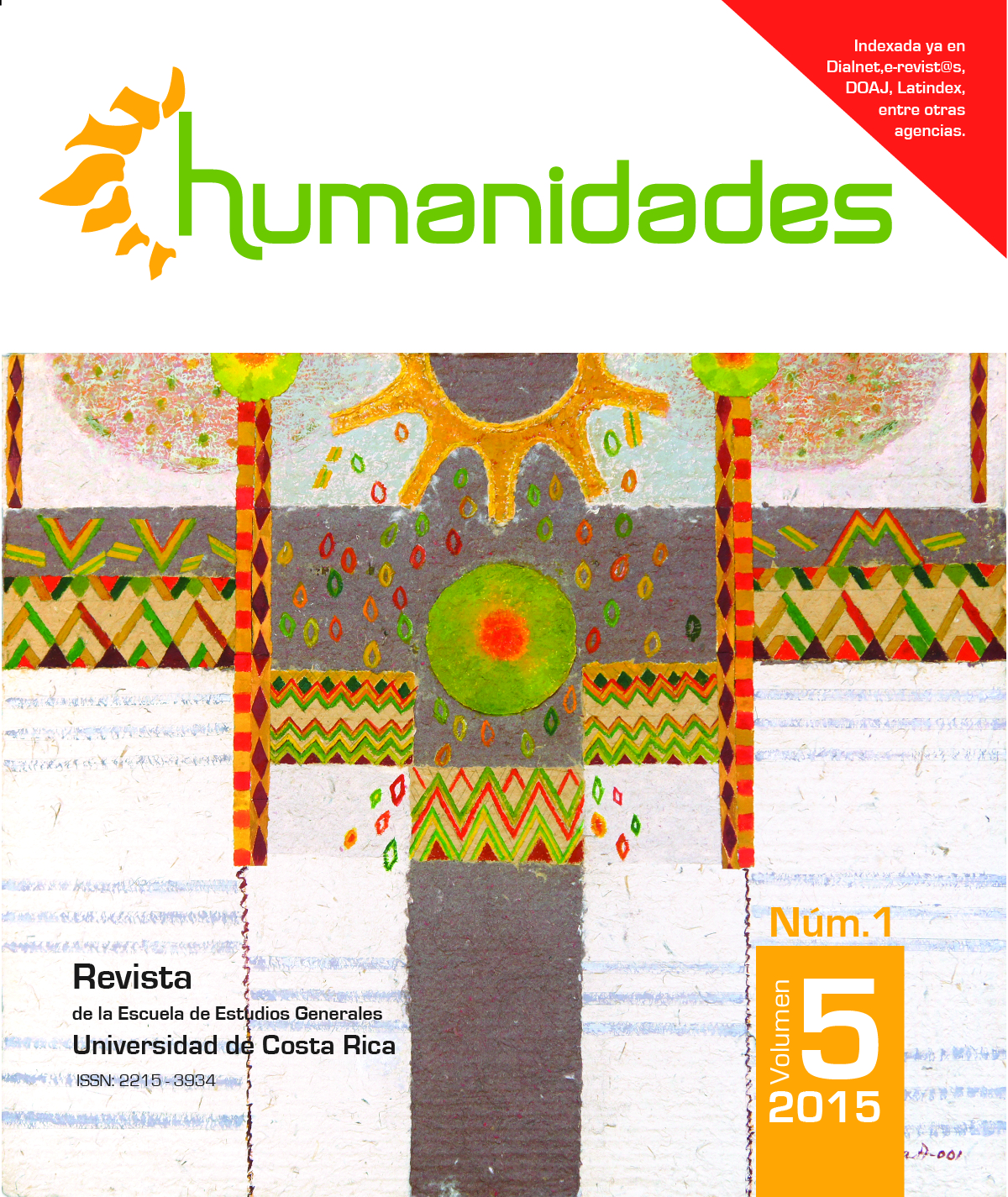Abstract
The process of Globalization we live today has put us in front of the necessity of studying History in terms of global processes -namely those that verify themselves in the world level-, not only as a description of events, but from an analytical and scientific approach. This process –so far unique in human history- has been characterized by an integration of international markets, an unprecedented development of technology –particularly the computer science-, a geopoliticsgoverned by the interaction of economic blocks, and the emergence of a global culture. We do not find the existence until 1492, the real unification of the world in terms of markets, because this is the first attempt of constructing a hegemonic global form of civilization that has been called the “Modernity.” This new style of civilization will be characterized by a rational model of thought and a rationalized form of managing economy and politics, the latter known as the Modern State, who will reorganice of global exchange structures in favour of Europe occurs, as the ruling center of the world, and stays in position to impose its Modernity to the other cultures of the
planet. Modernity becomes the foremost model of evolution, development and global progress which impose to the other cultures of the planet.
References
Breña, Roberto (ed.). (2010). En el umbral de las revoluciones hispánicas: el bienio 1808-1810. México: El Colegio de México, Centro de Estudios Políticos y Constitucionales.
Carmack, Robert M. (1993) “Perspectivas sobre la Historia Antigua de
Centroamérica”, In Carmack, Robert M (ed.). Historia General de
Centroamérica. Madrid: FLACSO, Vol.1.
Floyd, Troy S. (1990). La Mosquitia, un conflicto de imperios. San Pedro Sula, Honduras: Centro Editorial.
Granados, Carlos (1995). “La visión mercatoriana del mundo y las cambiantes relaciones de poder global”. Revista Estudios, Vol. 12.
Henderson, John. (1993) “El mundo maya.” In Carmack, Robert M (ed.). Historia General de Centroamérica. Madrid: FLACSO, Vol. 1.
Ianni, Octavio. “La occidentalización del mundo.” In Teorías de la Globalización. México, D.F.: Editorial Siglo XXI, pp. 59-74.
Le Goff, Jacques. (1997). Pensar la Historia. Barcelona: Ediciones Paidós.
Lempérière, Annick. (2004). Entre Dieu et le roi, la république. Paris: Les Belles Lettres.
Lucena Salmoral, Manuel. (1996) “La flota de Indias.” In Revista Cuadernos Historia, Vol. 16. Madrid: Impresión Graficinco.
Morineau, Michel. (2000) “Revoir Séville: le Guadalquivir, l’Atlantique et
l’Amérique au XVIe siècle.” In Anuario de Estudios Americanos, Vol. LVII.
Martínez Shaw, Carlos and Oliva Melgar, José María (eds). (2005). El sistema atlántico español. Madrid: Marcial Pons.
Pacquier, Alain. (1996). Les chemins du Baroque dans le Nouveau Monde, de la Terre de Feu à l’embouchure du Saint-Laurent. Paris: Librairie Arthème Fayard.
Parkinson Zamora, Lois and Kaup, Monika (eds). (2010). Baroque New World, representation, transculturation, conterconquest. Durham and London: Duke University Press.
Romano, Ruggiero. (1993). Coyunturas opuestas, la crisis del siglo XVII en Europa e Hispanoamérica. México: Fondo de Cultura Económica.
Sánchez Albornoz, Nicolás. (1994). La población de América Latina desde los tiempos precolombinos hasta el año 2025. Madrid: Alianza Editorial.
Santos, José Manuel. (2002) “Historia global, historia mundial. Algunos aspectos de la formación histórica de un mundo globalizado.” In Revista Estudios, Vol. 16, pp. 13-24.
Solórzano Fonseca, Juan Carlos. (2009). América antigua: los pueblos
precolombinos desde el doblamiento original hasta los inicios de la conquista española. San José: Editorial de la Universidad Costa Rica.
Solórzano Fonseca, Juan Carlos and Quirós Vargas, Claudia. (2006). Costa Rica en el siglo XVI, descubrimiento, exploración y conquista. San José: EUCR.
Tutino, John. (n.d.). Global transformation and revolutionary freedoms: Haiti and the Bajío in the era of Independence. Retrieved from http://photos.state.gov/libraries/america/475/pdf/Tutino%20-%20Global%20Transformations%20and%20Revolutionary%20Freedoms.pdf
Vargas Solís, Luis Paulino. (2006). Entre la vida y el mercado. San José: EUNED.
Wilson, John. (1995). La cultura egipcia. México: Fondo de Cultura Económica


